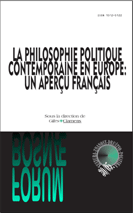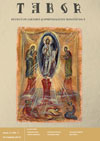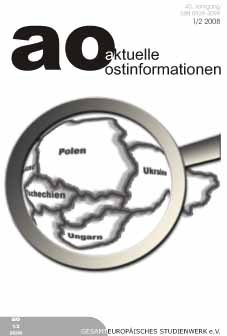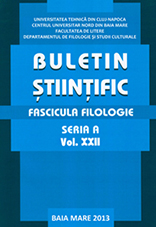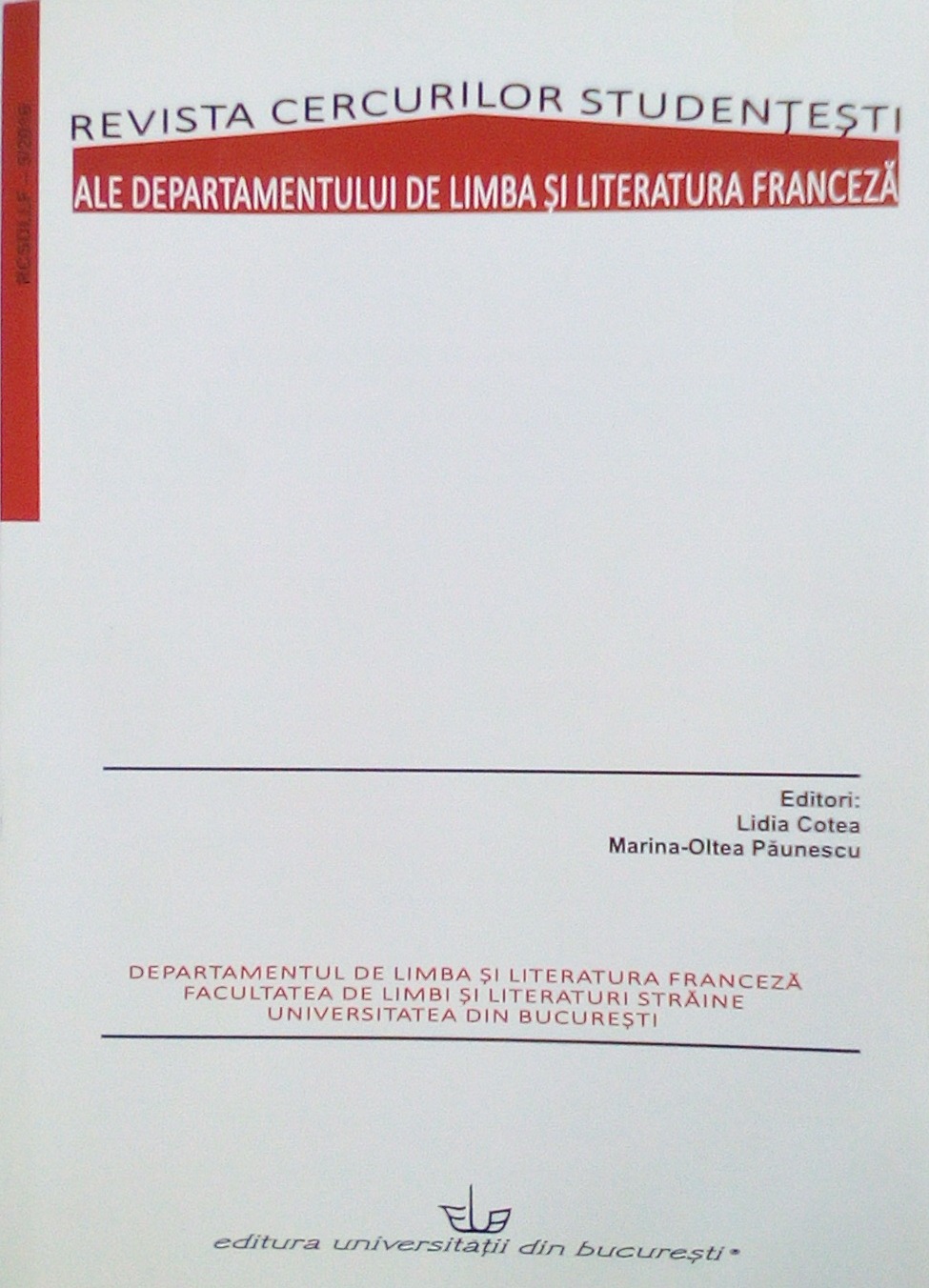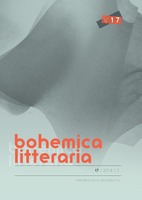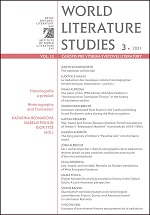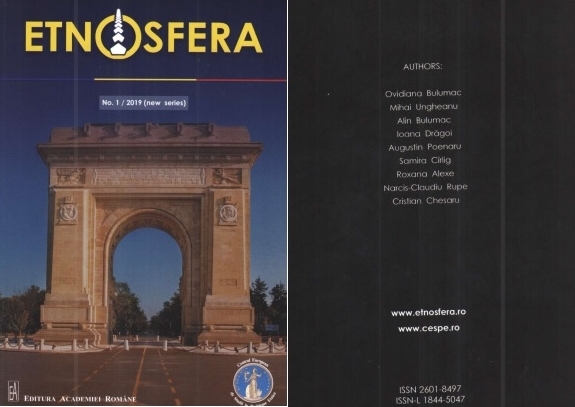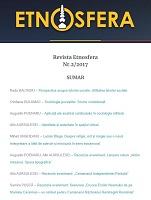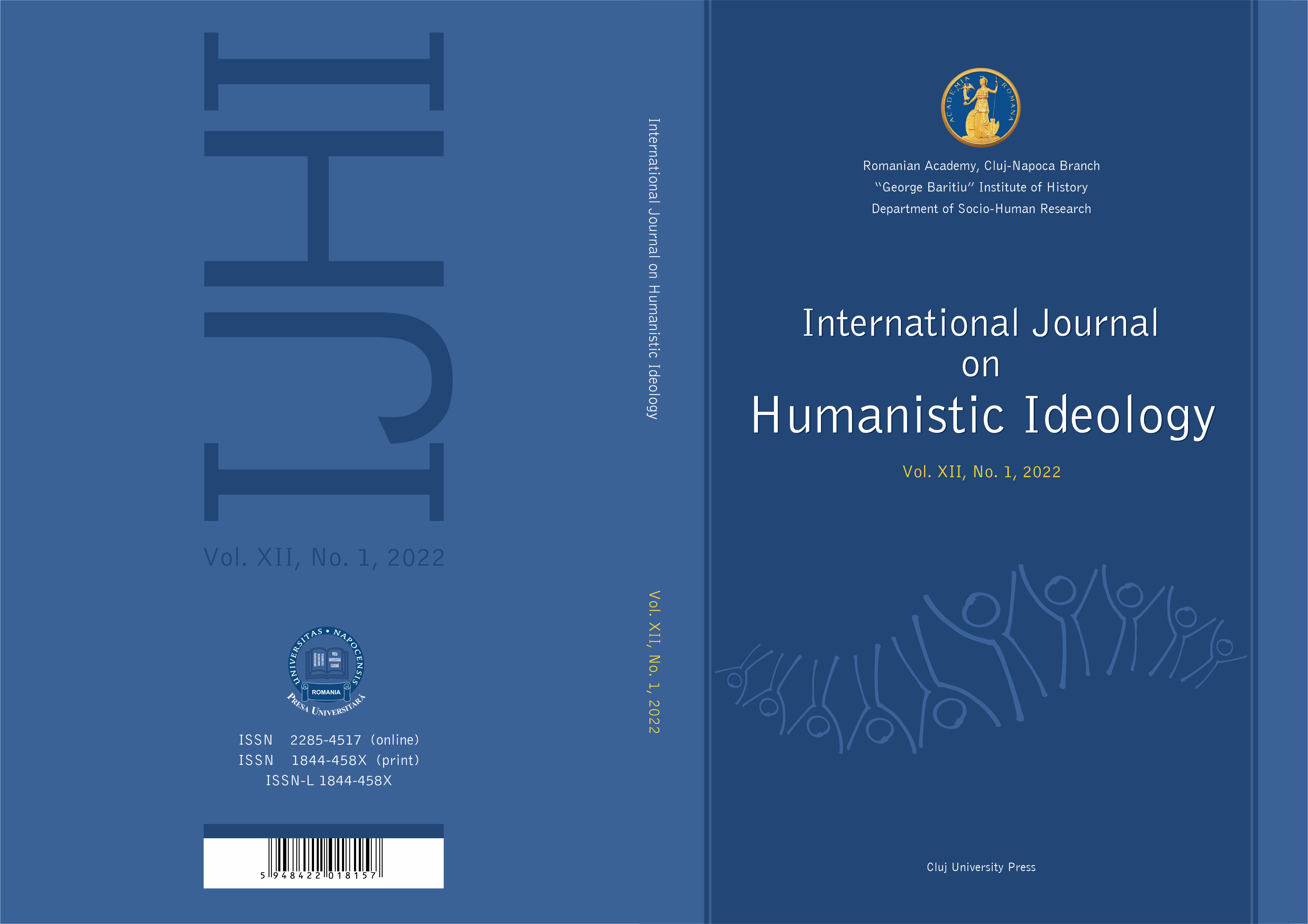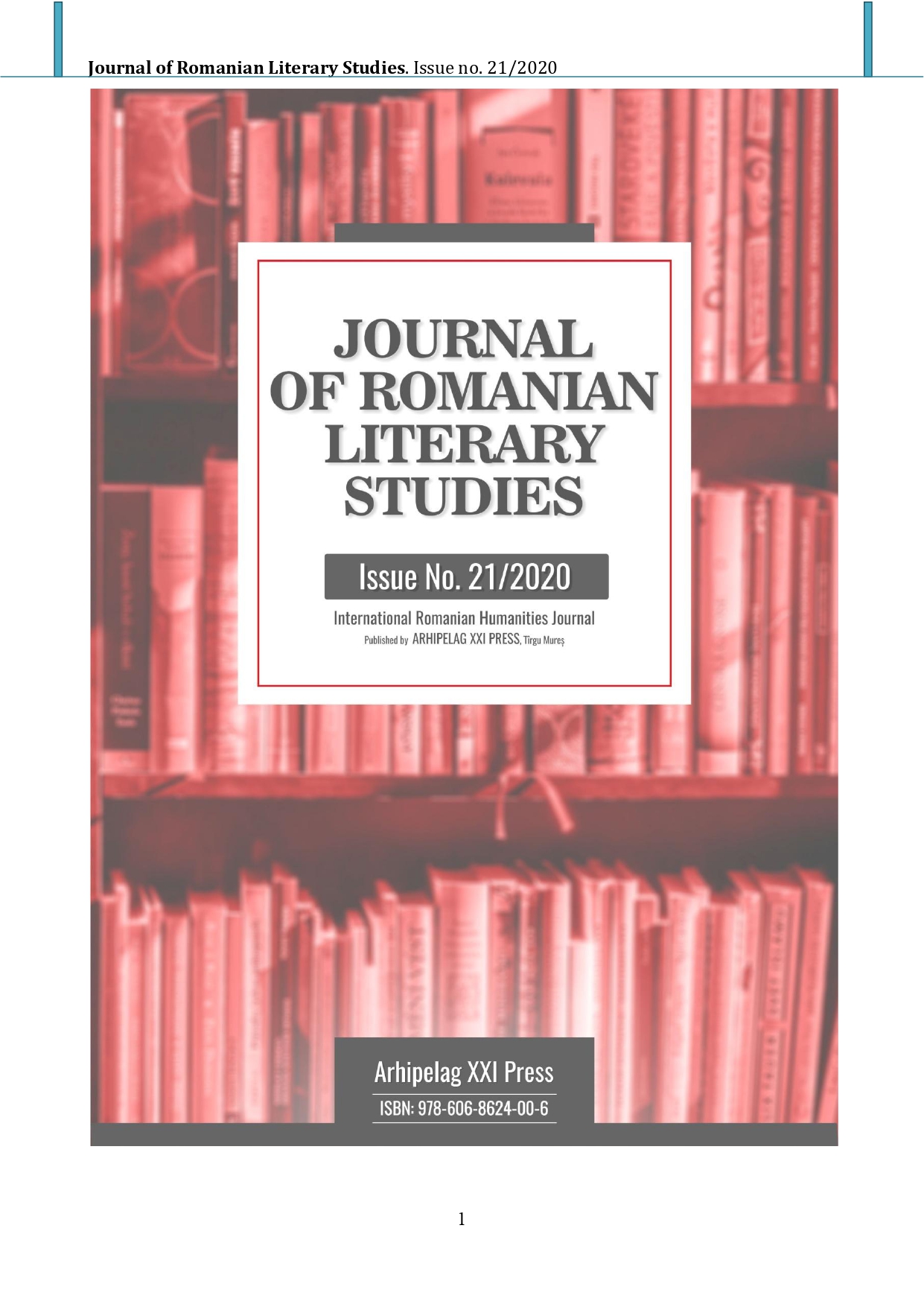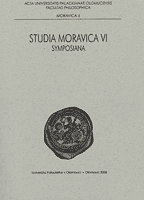
Discovering of Richard Weiner
Objevování Richarda Weinera
This article deals with the critical reception of Czech poet, prose-writer and journalist Richard Weiner (1884–1937). Registered changes of the contemporary and later interpretations of Weiner’s texts – i. e. the interpretations published in thirtieth, fortieth, and sixtieth years of the 20th century – were in accord with the historical changes of the literary context. Weiner was described as a poet of metaphysical emptiness (F. X. Šalda) or an abstract poet (Jindřich Chalupecký). His work was interpreted in several contexts: expressionistic, existencial even Christian-spiritual (Ivan Slavík). Weiner anticipated experimental works of the authors of the 1960s (e. g. Věra Linhartová) too.
More...
